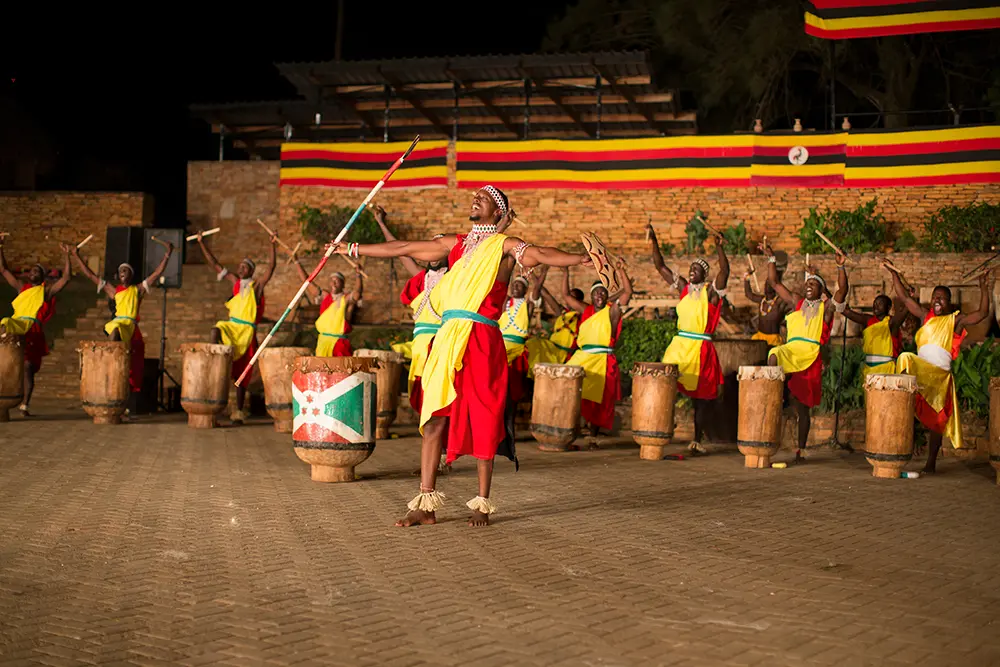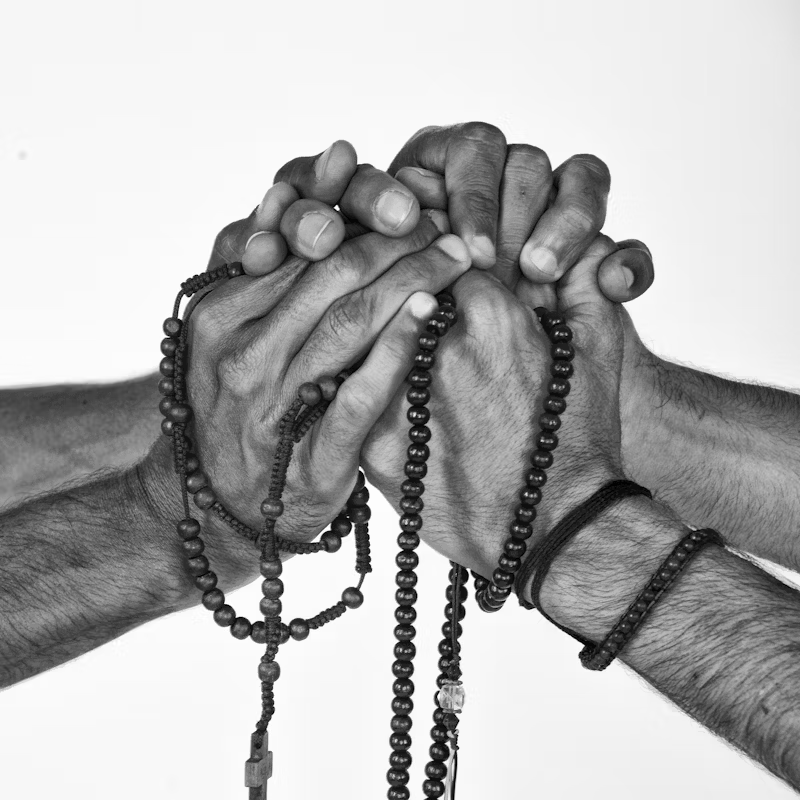
Religion is a sensitive, yet amusing aspect in the Ugandan culture. The Ugandan Constitution states that there will be no religious discrimination, thus no need to declare a national religion. Modern-day Religions vary from Christianity where there are denominations such as Catholic, Anglican, Baptists, Pentecostals, Presbyterian, Seventh Day Adventists to name but a few, and as well Islam, and African Traditional Religion.
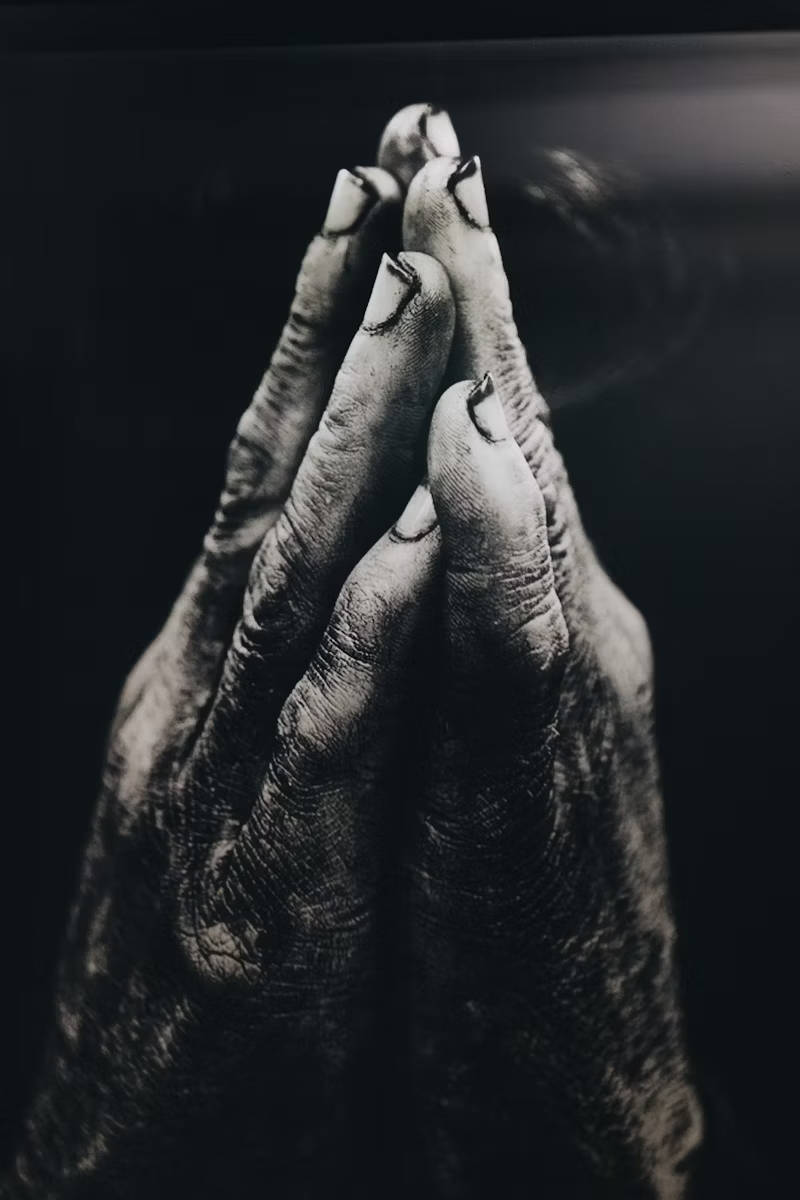
Religion in Eastern Africa can be dated as far back as the pre-colonial times, when Uganda like many other African communities had the majority of her population practicing African Traditional Religions. Islam was introduced to coastal East Africans during the Indian Ocean trade, and the religion later found its way to the interior of East Africa, thanks to the traders who would take goods to and from the coast. The birth of Islam also saw intermarriages between Arabs and the Coastal Africans, Coastal Africans and Africans from the interior, later birthing who we call the Swahili people, not to mention, the Swahili language. Kiswahili is a blend of Arabic, Portuguese, and other African languages, particularly the Bantu dialect.
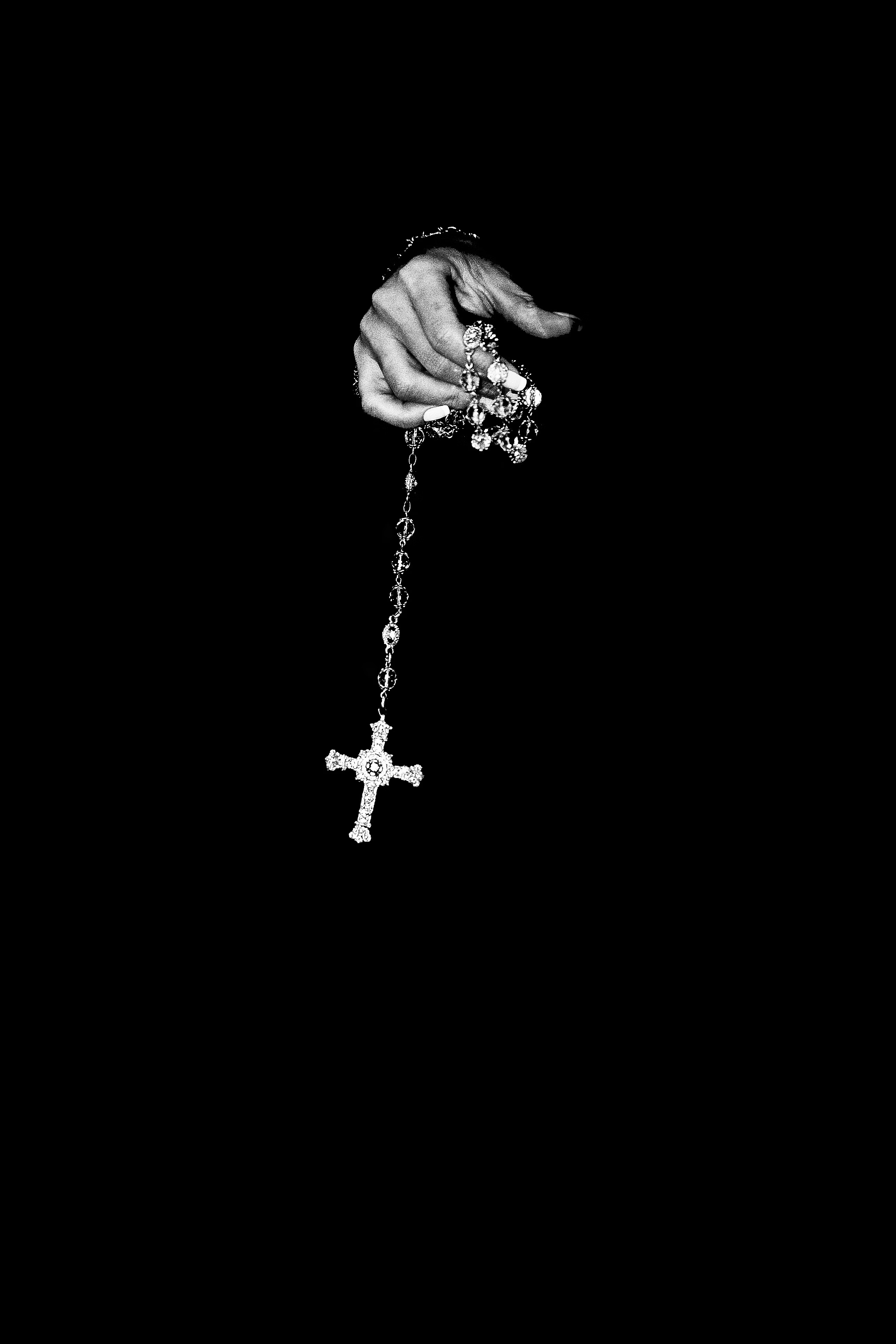
Christianity to the East Africans is noted to have been introduced first by the German Lutheran employee of the Christian Mission Society Dr. Johan Ludwig Krapf, on his visit to Mombasa in 1884. For non-coastal countries like Uganda, kings in the Buganda Kingdom in central Uganda, are marked to have sent letters to the Queen of England, asking her to send missionaries to educate their people. One king remembered for writing these letters was Kabaka Muteesa 1, who hoped that missionaries, while visiting Buganda on religious missions, would come bearing gifts such as guns, which tools would help him fight other kingdoms and capture slaves. Between 1875 to 1876, the reigning King of Buganda/Uganda Kabaka Muteesa 1, wrote a letter to Queen Victoria of England, inviting Christian missionaries to come to Buganda. Little did he know that his son Kabaka Mwanga II would in the future fall out with the missionaries and Christian converts, thus a religious war resulting in over 45 Baganda Christian youths being executed by fire. Kabaka Mwanga II ascended to power on October 18th, 1884, after the fall of his father who had reigned from 1856 to 1884.
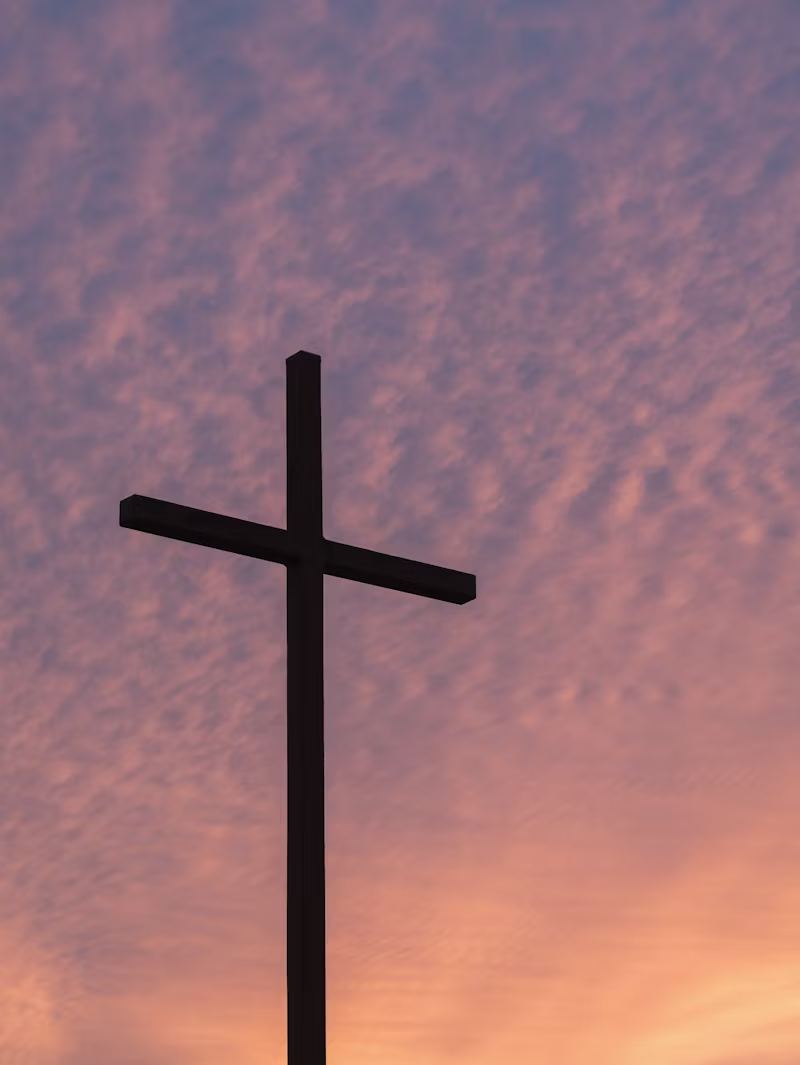
- While the country currently has over 135 districts and over 56 tribes, in pre/colonial times the country consisted of over ten decentralized local governments, as kingdoms and chiefdoms. The tribes now practice different religions of choice like Christianity, Islam, and African Traditional Religions.
- A consensus done in 2014 indicated that over 84% of Ugandans were Christians, arguably the case today, over ten years later. The 2014 consensus also suggested that Catholics were the largest denomination, consisting of about 40% of the population, followed by 32% Anglicans, and about 14% moslems. The minutest percentage fell in the other Christian denominations and the African traditional religion category. Celebrated religious holidays include Good Friday, Easter, Christmas, Uganda Martyrs Day, Eid Al Adha, and Eid Al Fitr. We are eagerly waiting for what the 2024 consensus is yet to reveal.
- Religions or Denominations are required to register to express themselves freely and until recently where dialogue is being held on whether or not to tax their tithes and offerings, religious denominations have been exempted from direct taxation in the past.
In a recent news report by the Daily Monitor as of March 2024, a new tax policy is recently under validation before approval by parliament, where religious leaders are to account for title and offertory; giving accountability for how the resources given by the believers are being used.
An Amazing Fact
Following the initial invite of Christian missionaries to the Buganda kingdom by Kabaka Mutesa 1, onto his son Kabaka Mwanga II’s ascent to reign in 1884, Buganda youths converted to Christianity. But Between 1885 and 1887, youths converted from traditional religions to mostly Catholic and Anglican Christian denominations. This was also a time of religious animosity after Kabaka Mwanga II’s conversion to Islam and shortly a religious war broke out, in which the Kabaka asked Christian converts to denounce their newly found beliefs. About 45 of these refused to denounce and were executed by fire, according to the order of the Kabaka. This can be likened to the Biblical story of three of Daniel’s friends Shadrach, Mesach, and Abednego, who after refusing to bow to Nebuchadnezzar’s image, were thrown in a furnace so hot, that the people who lit the fire died in too. Fortunately for the three Biblical legends, an angel appeared and started walking with them in the fire, doing them no harm. Unlike the Biblical figures, the Christian converts subjected to execution by Kabaka Mwanga did not survive but rather perished painfully. The 45 deceased have since been declared martyrs, twenty-two Catholics – beatified on June 6th, 1920 by Pope Benedict XV, and on 18th October 1964 were canonized as saints by Pope Paul VI. The saints are celebrated on 3rd June every year, and believers especially Catholics, make Pilgrim to the Uganda Martyrs Shrine in Namugongo.
Sources
https://washington.mofa.go.ug/uganda/religion-beliefs
https://skpsug.com/timeline/the-invitation-of-christian-missionaries-to-buganda-uganda-1875-1876


